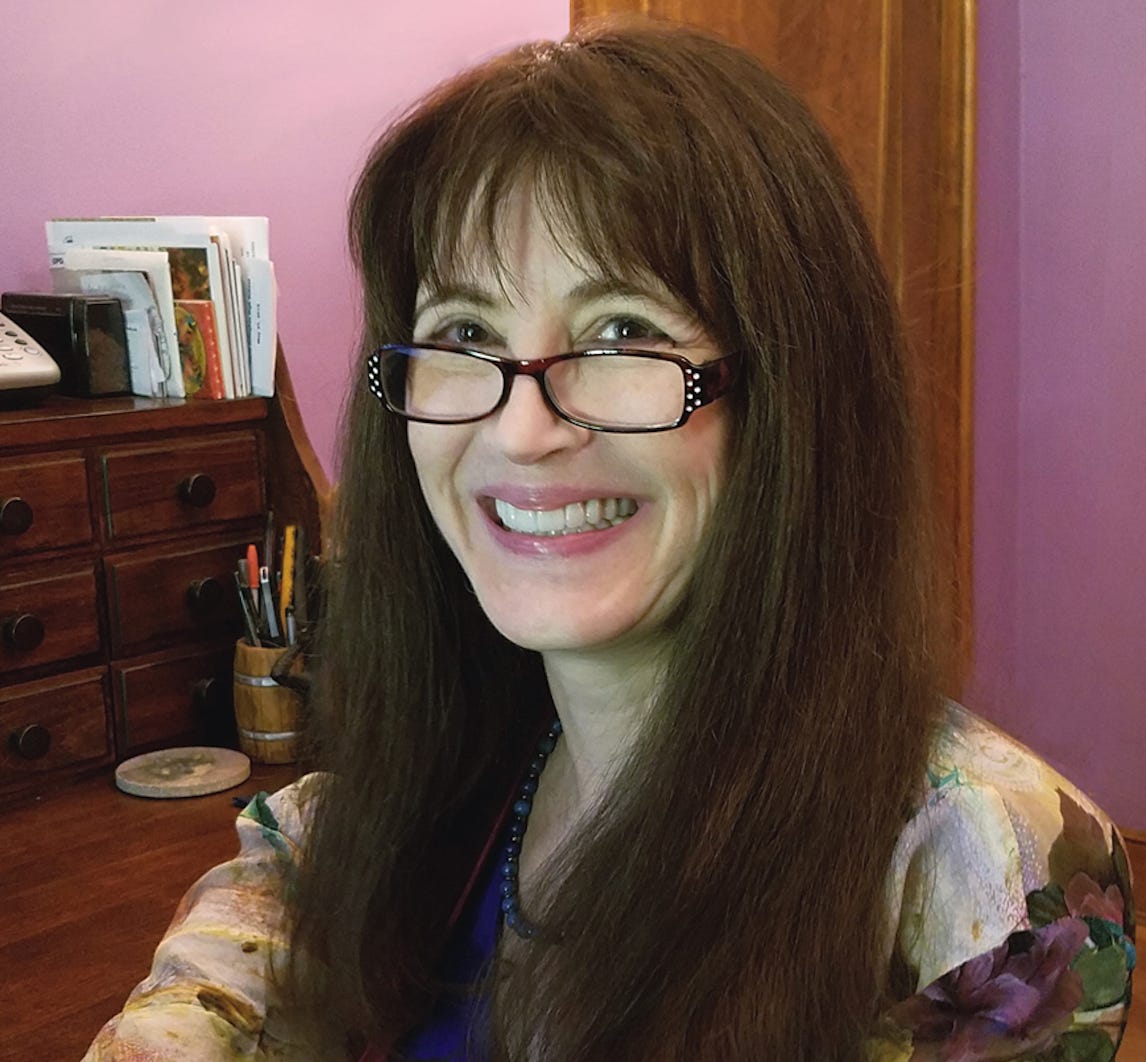What are These Telepathic Messages Trying to Tell Us? (Diane Hennacy Powell, MD)
Listen now (52 mins) | "And so I thought, well, if this is true that somebody can access information that is not part of their usual sensory way of obtaining information, then..."
You can also find this episode on Spotify, or wherever you get your podcasts.
Diane Hennacy Powell is a neuroscientist who trained at Ohio State University and Johns Hopkins School of Medicine, where she received her MD and psychiatric training. She has been on faculty at Harvard Medical School. And she is a leading expert on autism and savant syndrome. …
Keep reading with a 7-day free trial
Subscribe to Pulling the Thread with Elise Loehnen to keep reading this post and get 7 days of free access to the full post archives.





